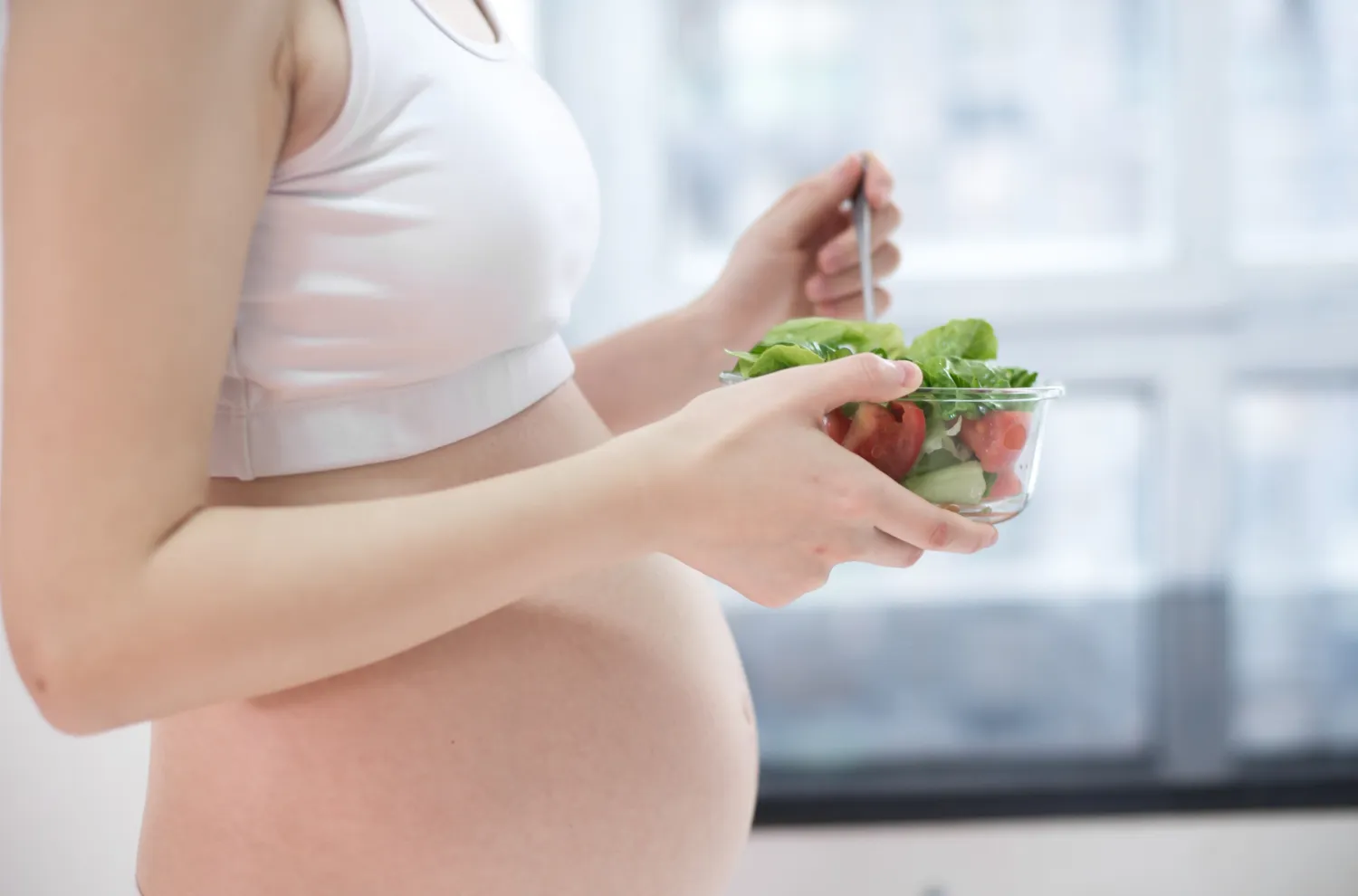
Diet is essential to a woman's health. In addition to making you look good, it keeps you fit. In addition, it plays a significant role in determining your fertility. Women's fertility can be boosted safely and healthily by consuming the right food. You should include certain foods in your daily diet when you are trying to get pregnant.
Lorem ipsum dolor sit amet, consectetur adipiscing elit. Suspendisse varius enim in eros elementum tristique. Duis cursus, mi quis viverra ornare, eros dolor interdum nulla, ut commodo diam libero vitae erat. Aenean faucibus nibh et justo cursus id rutrum lorem imperdiet. Nunc ut sem vitae risus tristique posuere.
Vitamin B6 - In women who consume contraceptive pills, their Vitamin B6 reserves are lower, which is an essential nutrient for reproduction. Consume chicken and fish, avocados, spinach, sunflower seeds, and cooked bananas to restore your Vitamin B6 levels.
Vitamin B12 - Vitamin B12 is used by the fetus from the mother's reserves. In order to avoid depletion, it is vital to consume nutrient-rich foods. The richest sources of Vitamin B12 are eggs, mackerel, sardines, beef liver, cheese and yogurt, and milk. As there are very few vegetarian sources of Vitamin B12, vegetarians have naturally lower reserves of the vitamin. Supplementation is their best option.
Vitamin D - vitamin D helps the body absorb calcium and strengthens its bones. In pregnancy, the fetus relies heavily on the vitamin D that its mother supplies. In order to avoid osteomalacia and osteoporosis in the future, the mother should have a strong source of vitamin D at
Vitamin E - vitamin E promotes the integration of eggs and sperms, improving reproduction. You can get a lot of vitamin E by eating almonds, spinach, fish oil and palm oil, sunflower seeds, and avocados.
Iron - Iron is absorbed by the fetus through the mother's resources, just as other nutrients are. During pregnancy, the blood level increases, resulting in a reduction in iron. Thus, a woman who plans to have a baby should have adequate iron reserves to prevent malnutrition for herself or her baby. Anemia can also result from iron deficiency during pregnancy, which can be harmful to both the mother and the child. Foods rich in iron include beans, spinach, poultry, pork, red meat, seafood, apricots, dried raisins, and peas.

Protein - The importance of maintaining a healthy weight during pregnancy cannot be overstated. Therefore, you should replace unhealthy fats with protein sources with lower calories. Some protein-rich foods are chicken, eggs, beans, tofu, nuts, etc.
Folic Acid - Studies conducted at Harvard University found that women consuming multivitamins containing 400 mg of Folic Acid were 40% less likely to experience infertility. Folic acid is found in vegetables such as broccoli, asparagus, spinach, and turnips. Other sources include grapefruit, oranges, lentils, flax seed, avocado, etc.
Fat - It doesn't mean you can order a double patty burger at McDonald's. Pregnancy requires consuming the right fats. Your diet must include Omega-3 fatty acids. The riches source for this is almonds and walnuts.
We are committed to providing anexcellent patient experience every time.